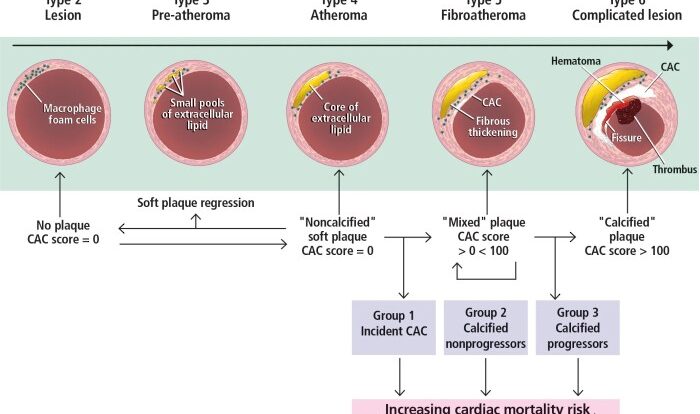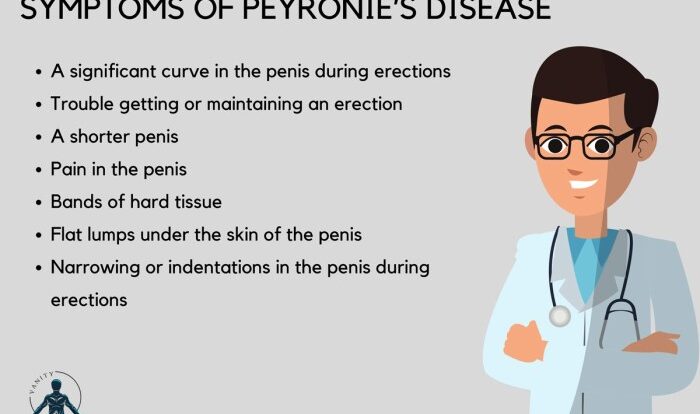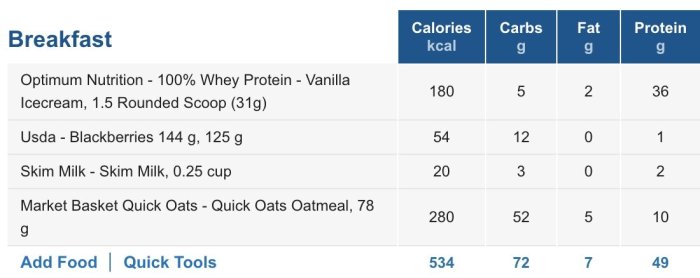In the realm of reproductive health, sperm donation plays a crucial role in assisting individuals and couples in their journey towards parenthood. However, one of the fundamental questions that arise is: how old do you have to be to donate sperm? This article delves into the minimum age requirements for sperm donation, exploring the legal stipulations and variations across different countries and clinics.
As we delve deeper into the topic, we will uncover the medical eligibility criteria, physical and mental health assessments, sperm quality evaluation, and the legal and ethical considerations surrounding sperm donation. Additionally, we will shed light on donor anonymity and identity release, compensation and reimbursement practices, and the emotional and psychological impact of sperm donation on both donors and recipients.
Age Requirements for Sperm Donation
The eligibility criteria for sperm donation vary across countries and clinics, but most adhere to specific age limits to ensure the donor’s health and the quality of the sperm.
The legal age to donate sperm varies, but in most places, it’s around 18. This is because sperm donation involves a medical procedure, and minors are not legally able to consent to medical procedures. However, some cancer treatments can affect sperm production, so if you’re considering donating sperm, it’s important to talk to your doctor about the potential risks and benefits.
For more information on cancer and its effects on the body, you can read the cancer that doctors dont want to call cancer .
Generally, the minimum age for sperm donation is set to ensure that the donor is mature enough to understand the implications of their decision and to provide informed consent. The maximum age limit is typically determined by factors such as sperm quality and fertility potential, which tend to decline with age.
Minimum Age
The minimum age for sperm donation is typically between 18 and 21 years old. This age range allows donors to reach legal adulthood and ensures they have a sufficient understanding of the donation process and its potential implications.
Maximum Age
The maximum age for sperm donation varies more widely, ranging from 40 to 50 years old or even higher in some cases. However, it is important to note that sperm quality and fertility potential generally decline with age, which may impact the chances of successful conception.
Variations
It is worth noting that age requirements may vary across different countries and clinics. Some countries may have stricter age limits, while others may allow for a wider range of eligible donors. It is always advisable to check with the specific clinic or organization you are considering donating to for their specific age requirements.
Medical Eligibility Criteria
Potential sperm donors must meet specific medical criteria to ensure the safety and quality of their donations. These criteria are designed to screen out individuals who may have health conditions or lifestyle factors that could impact the health of the recipient or the resulting child.
The legal age to donate sperm varies by country, but it’s typically between 18 and 39. This is because sperm quality can decline with age. On the other hand, egg donors are typically paid more in California than in other states.
For example, egg donors in California can receive up to $10,000 per donation cycle. So, if you’re considering donating sperm, be sure to check the legal age requirements in your country. And if you’re considering donating eggs, California may be a good option for you.
The medical eligibility criteria for sperm donation typically include:
Health Conditions
- Infectious diseases:Donors are tested for sexually transmitted infections (STIs), such as HIV, hepatitis B, and hepatitis C. Those with active infections are typically disqualified.
- Genetic disorders:Donors are screened for genetic conditions that could be passed on to offspring, such as cystic fibrosis or sickle cell anemia.
- Chronic diseases:Individuals with certain chronic diseases, such as diabetes or heart disease, may be ineligible to donate.
Lifestyle Factors
- Smoking:Smoking can damage sperm quality and increase the risk of birth defects.
- Excessive alcohol consumption:Heavy alcohol use can impair sperm production and motility.
- Drug use:Illegal drug use can have negative effects on sperm health and overall fertility.
Physical and Mental Health Assessments
Sperm donors undergo rigorous physical and mental health assessments to ensure their suitability. These assessments evaluate the donor’s overall health, reproductive potential, and mental well-being.
Physical Assessments
Physical assessments include a comprehensive medical history, physical examination, and laboratory tests. The medical history reviews any past or present health conditions, surgeries, medications, and lifestyle factors. The physical examination evaluates the donor’s general health, including vital signs, body mass index, and reproductive organs.
Laboratory tests assess sperm quality, hormone levels, and infectious disease status.
Mental Health Assessments
Mental health assessments are conducted to evaluate the donor’s psychological well-being and suitability for donation. These assessments may include a psychiatric interview, psychological testing, and background checks. The psychiatric interview assesses the donor’s mental health history, current mental state, and motivation for donation.
Psychological testing may be used to evaluate the donor’s personality, coping mechanisms, and decision-making abilities. Background checks are conducted to verify the donor’s identity and criminal history.
Sperm Quality Evaluation
Evaluating sperm quality is crucial to determine a donor’s suitability for sperm donation. It involves assessing various parameters that impact the sperm’s ability to fertilize an egg.
The evaluation process typically includes the following methods:
- Semen analysis:This test examines the volume, concentration, motility, and morphology of the sperm in a semen sample.
- Sperm count:Measures the number of sperm per milliliter of semen.
- Motility:Assesses the percentage of sperm that are actively moving.
- Morphology:Evaluates the shape and structure of the sperm head and tail.
Factors Affecting Sperm Quality
Several factors can affect sperm quality, including:
- Age:Sperm quality tends to decline with age.
- Lifestyle factors:Smoking, excessive alcohol consumption, and obesity can negatively impact sperm quality.
- Medical conditions:Certain medical conditions, such as infections or hormonal imbalances, can affect sperm production.
- Environmental factors:Exposure to toxins or radiation can damage sperm.
- Medications:Some medications can have side effects that affect sperm quality.
Legal and Ethical Considerations
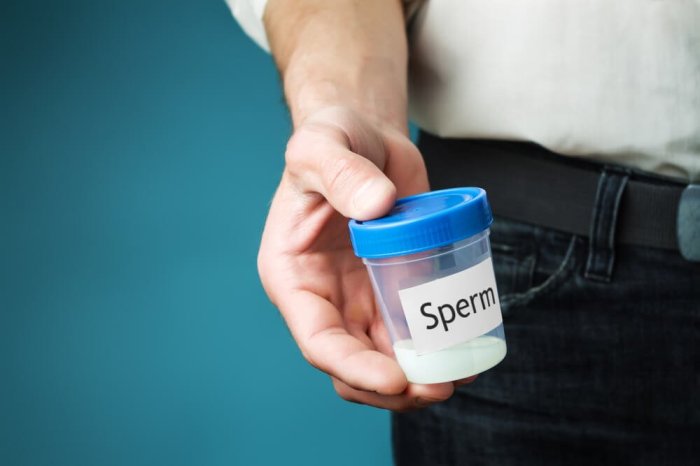
Sperm donation involves complex legal and ethical considerations that must be carefully navigated to protect the rights of both donors and recipients.
Consent and Privacy Rights
Sperm donors have the right to make an informed decision about donating their sperm. They must provide written consent before any donation occurs, and they have the right to withdraw their consent at any time. Donors also have the right to privacy, meaning their personal information should be kept confidential.
However, in some cases, the identities of donors may be disclosed to recipients if there is a medical or legal need to do so.
Recipient Rights
Recipients of sperm donations have the right to receive accurate information about the donor’s medical and genetic history. They also have the right to know the donor’s identity if the donor has agreed to be identified. In some cases, recipients may have legal recourse if they suffer harm as a result of a sperm donation.
Donor Anonymity and Identity Release
Donor anonymity and identity release are important considerations for both sperm donors and recipients. There are two main options available: anonymous donation and identity release donation.
The legal age to donate sperm varies, but in many countries, it’s typically between 18 and 39. After donating, you may experience some side effects, such as blood in your urine. If this occurs, it’s important to consult a healthcare professional, as it could be a sign of a more serious condition like blood in urine after radiation therapy for prostate cancer . Regardless, it’s crucial to stay informed about sperm donation regulations and potential risks.
With anonymous donation, the donor’s identity is not disclosed to the recipient or the child conceived through the donation. This option provides privacy for the donor and allows the recipient to focus on raising the child without any potential distractions or complications.
However, it also means that the child will not have access to information about their biological father.
Identity Release Donation
In contrast, identity release donation allows the recipient or the child to contact the donor at a later date, typically after the child reaches adulthood. This option provides the child with the opportunity to learn more about their biological father and potentially establish a relationship with him.
However, it also means that the donor may have to deal with the potential consequences of having a child they may not have intended to have.
The decision of whether to choose anonymous donation or identity release donation is a personal one. Both options have their own advantages and disadvantages, and it is important for both donors and recipients to carefully consider their own needs and preferences before making a decision.
Compensation and Reimbursement: How Old Do You Have To Be To Donate Sperm
Sperm donors may receive financial compensation or reimbursement for their time and effort involved in the donation process. The amount of compensation varies depending on several factors, including the country, clinic, and the donor’s specific circumstances.
Variations in Compensation Practices
- Country:Compensation practices can differ significantly across countries. In some countries, sperm donation is considered a valuable service and donors are compensated accordingly. In other countries, the compensation may be lower or non-existent.
- Clinic:Different clinics may offer varying compensation packages to sperm donors. Factors such as the clinic’s location, reputation, and the demand for sperm can influence the amount of compensation offered.
- Donor’s Circumstances:The donor’s age, health, and other factors may also affect the compensation they receive. Donors who meet certain criteria, such as having a high sperm count or a specific genetic profile, may be eligible for higher compensation.
Emotional and Psychological Impact
Sperm donation can evoke a range of emotions and psychological experiences for both donors and recipients.
For donors, the process may elicit feelings of altruism, pride, and a sense of contributing to the lives of others. However, it can also involve concerns about the potential consequences, such as the emotional and legal implications of having a genetic connection to future children.
Support Mechanisms for Donors
To address these concerns, reputable sperm banks typically provide comprehensive counseling and support services for donors. These services aim to:
- Educate donors about the process, risks, and implications of sperm donation.
- Provide emotional support and guidance throughout the donation journey.
- Connect donors with resources for further support and information.
For recipients, sperm donation offers hope and the opportunity to build a family. However, it can also bring about emotional complexities, such as feelings of gratitude, responsibility, and potential identity concerns for the child.
Support Mechanisms for Recipients
To navigate these emotions, many fertility clinics and support groups offer counseling and resources for recipients. These services can provide:
- Guidance on choosing a sperm donor and understanding the legal implications.
- Emotional support and counseling to address any concerns or anxieties.
- Connection with other recipients and support networks.
Overall, the emotional and psychological impact of sperm donation is complex and can vary among individuals. However, with proper support and guidance, both donors and recipients can navigate the process with confidence and a sense of purpose.
Alternative Options for Infertility Treatment
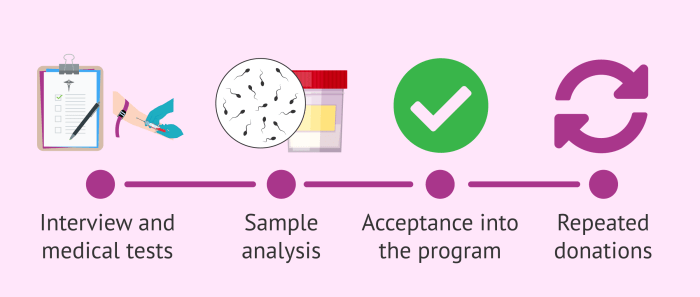
Infertility is a complex condition that can affect both men and women. While sperm donation is a common treatment option, there are several alternative methods available for individuals and couples seeking to conceive. These options include in vitro fertilization (IVF) and adoption.
Each method has its own advantages and disadvantages, and the best choice for a particular individual or couple will depend on their specific circumstances and preferences.
In Vitro Fertilization (IVF)
In vitro fertilization (IVF) is a fertility treatment that involves fertilizing an egg outside the body in a laboratory setting. The process begins with the stimulation of the ovaries to produce multiple eggs. The eggs are then retrieved from the ovaries and fertilized with sperm in a laboratory dish.
The fertilized eggs, or embryos, are then transferred to the uterus, where they can implant and grow.IVF can be a successful treatment option for infertility, but it is also a complex and expensive procedure. The success rates of IVF vary depending on factors such as the age of the woman, the cause of infertility, and the number of embryos transferred.
Adoption, How old do you have to be to donate sperm
Adoption is another option for individuals and couples who are unable to conceive a child on their own. Adoption involves the legal process of taking on the parental rights and responsibilities of a child who is not biologically related to the adoptive parents.Adoption
can be a rewarding experience for both the adoptive parents and the child. However, it is important to be aware of the challenges and responsibilities that come with adoption. These challenges can include the financial costs of adoption, the emotional challenges of raising a child who is not biologically related to the adoptive parents, and the legal complexities of the adoption process.
Recent Advances in Sperm Donation
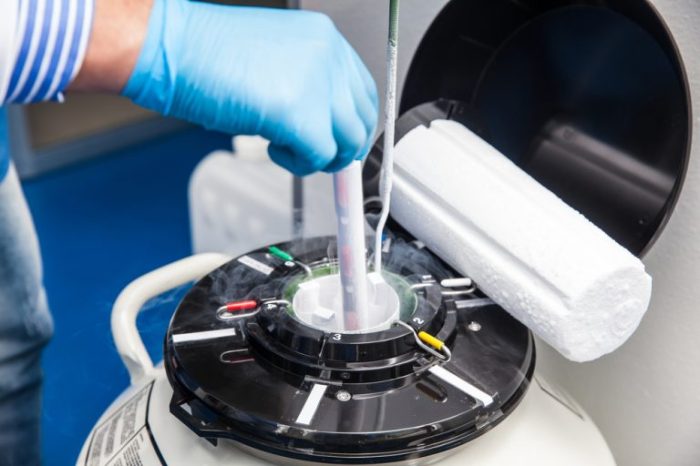
Sperm donation has undergone significant advancements in recent years, leading to improved success rates and increased accessibility.
One notable advancement is the development of cryopreservation techniques, which allow sperm to be frozen and stored for extended periods without compromising its quality. This has made it possible for sperm donors to provide samples from distant locations, increasing the availability of donors for couples seeking treatment.
Artificial Insemination Techniques
- Intrauterine Insemination (IUI):Involves directly injecting sperm into the uterus, increasing the chances of fertilization.
- Intracytoplasmic Sperm Injection (ICSI):Involves injecting a single sperm directly into an egg, improving fertilization rates for couples with severe male infertility.
Donor Screening and Selection
Advances in genetic testing have improved donor screening and selection processes, reducing the risk of passing on genetic disorders to offspring. Preimplantation genetic diagnosis (PGD) can identify embryos with specific genetic conditions, allowing for the selection of healthy embryos for implantation.
Donor Anonymity and Identity Release
The concept of donor anonymity has been evolving, with some donors now choosing to make their identities known to their biological children. This shift reflects a growing recognition of the importance of identity and genetic connections.
Concluding Remarks
In conclusion, the minimum age to donate sperm varies depending on legal regulations and clinic policies. Potential donors should carefully consider the medical, legal, and ethical implications before making a decision. By understanding the requirements and processes involved, individuals can make informed choices that align with their values and aspirations.
Questions Often Asked
What is the minimum age to donate sperm in the United States?
In the United States, the minimum age to donate sperm is typically 18 years old.
Are there any maximum age limits for sperm donation?
Some clinics may set a maximum age limit for sperm donation, typically around 40-45 years old.
Can I donate sperm if I have certain medical conditions?
Individuals with certain medical conditions, such as sexually transmitted infections or genetic disorders, may not be eligible to donate sperm.
